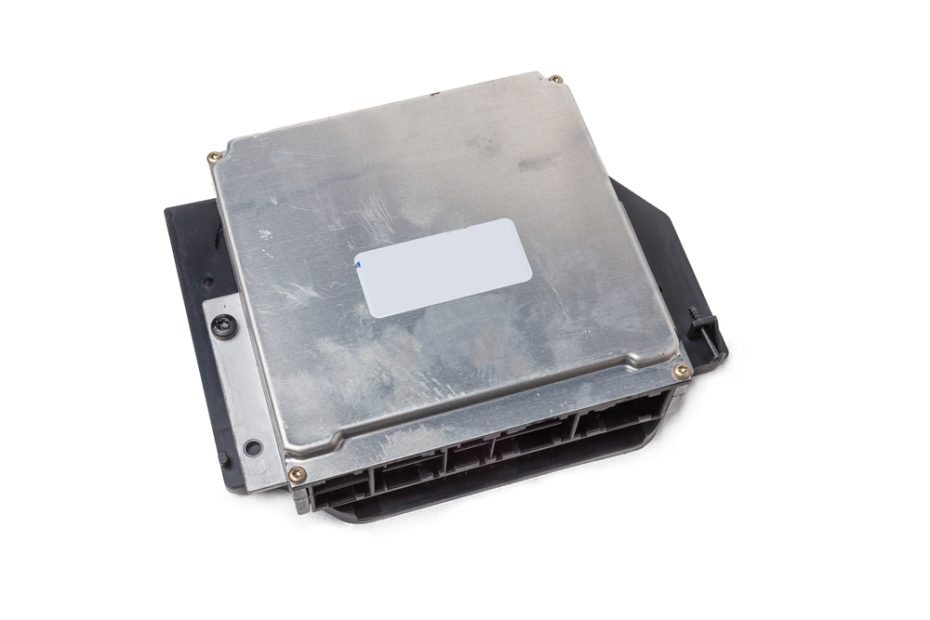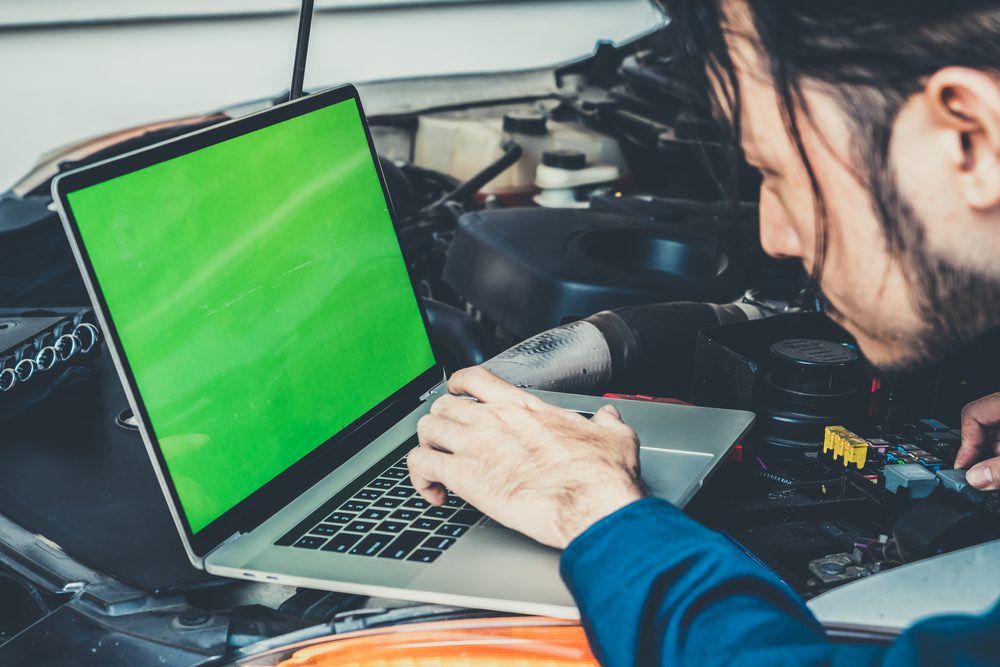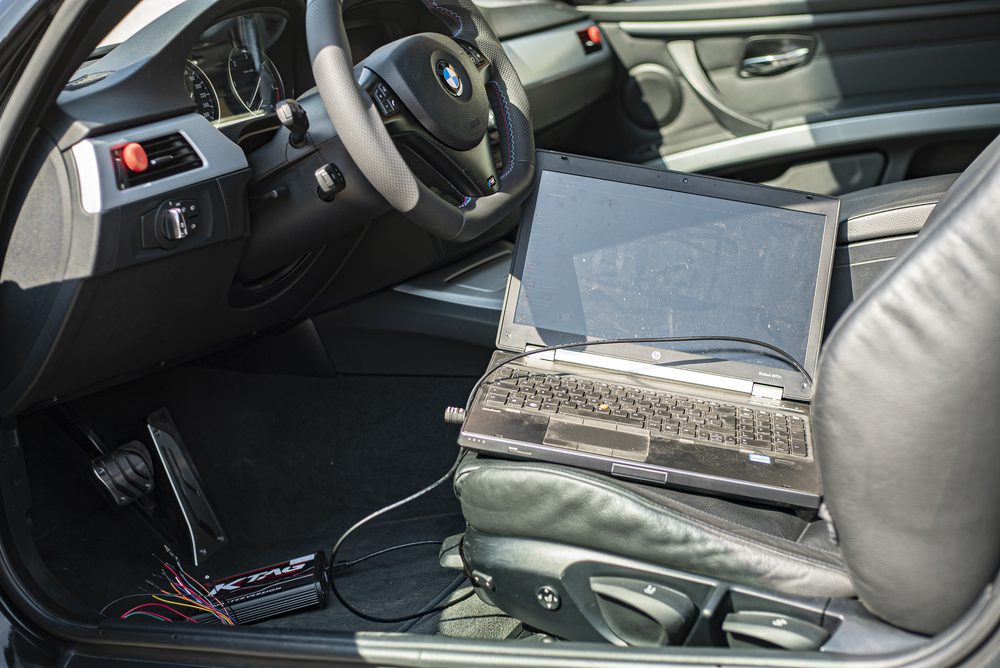How long does an ECU last?
An Electronic Control Unit (ECU) is an essential component in modern vehicles, responsible for controlling various functions such as engine management, fuel injection, and emissions control. Given its importance, it is natural to wonder about the lifespan of an ECU and how long it can be expected to last.
The lifespan of an ECU
The typical lifespan of an ECU can vary depending on several factors, including the manufacturer, quality of components used, and the vehicle’s operating conditions. On average, an ECU can last anywhere from 10 to 20 years.
“ECUs are designed to be durable and reliable, but they are not immune to failure.”
One of the primary reasons an ECU may fail is due to wear and tear over time. Continuous exposure to heat, vibrations, and electrical surges can gradually degrade the internal components of the ECU, leading to malfunctions or complete failure. Additionally, external factors such as water damage or improper handling during repairs can also contribute to premature ECU failure.
Factors affecting the lifespan
The following factors can affect the lifespan of an ECU:
- Quality of components: ECUs manufactured using high-quality components tend to have a longer lifespan compared to those made with cheaper materials.
- Operating conditions: Extreme temperatures and harsh environments can put additional stress on the ECU, potentially shortening its lifespan.
- Maintenance and care: Regular maintenance, including proper cleaning and inspection, can help prolong the life of the ECU.
- Driving habits: Aggressive driving or frequently pushing the vehicle to its limits can put strain on the ECU and other components, potentially leading to premature failure.
Signs of a failing ECU
When an ECU starts to fail, it may exhibit various symptoms. Some common signs of a failing ECU include:
- Engine misfires or poor performance
- Inconsistent or rough idling
- Difficulty starting the vehicle
- Warning lights on the dashboard
- Unresponsive or erratic behavior of electrical systems
If you notice any of these signs, it is crucial to have your vehicle inspected by a qualified mechanic, as a failing ECU can impact the overall performance and safety of your vehicle.
How long does an ECU test take?
When it comes to testing an Electronic Control Unit (ECU), the duration of the test can vary depending on various factors. These may include the complexity of the ECU, the type of testing being performed, and the resources available to conduct the test.
Types of ECU tests
There are typically two main types of ECU tests: functional testing and diagnostic testing.
- Functional testing: This type of test assesses the performance and functionality of an ECU by simulating real-world conditions. It aims to ensure that the ECU is operating correctly and responding appropriately to different inputs. Functional tests generally take a shorter amount of time, ranging from a few minutes to a couple of hours.
- Diagnostic testing: Diagnostic tests are more comprehensive and aim to identify any faults or errors within the ECU. These tests involve in-depth analysis and may require specialized equipment. The duration of diagnostic testing can vary significantly, depending on the complexity of the ECU and the specific issues being investigated. It can take anywhere from a few hours to several days.
Factors influencing test duration
The time required for an ECU test can be influenced by several factors:
- The complexity of the ECU: More complex ECUs with advanced functionalities may require additional time for testing.
- Testing equipment and resources: The availability of specialized testing equipment and skilled technicians can impact the test duration.
- Test environment: Factors such as the availability of test benches, simulation tools, and necessary software infrastructure can affect the testing timeline.
Expert opinion
“The duration of an ECU test can vary depending on the type of test being conducted and the complexity of the ECU itself. It is important to allocate sufficient time to ensure accurate results and identify any potential issues.”
Conclusion
In conclusion, the time required for an ECU test depends on the type of testing being performed, the complexity of the ECU, and the available resources. While functional tests may be relatively quick, diagnostic tests can take longer due to the detailed analysis involved. It is essential to allocate adequate time and resources to conduct thorough ECU testing, ensuring optimal performance and reliability.
How long do you leave the battery disconnected to reset the ECU?
The Engine Control Unit (ECU) is an essential component of modern vehicles, responsible for managing various functions of the engine. Over time, the ECU may accumulate data and settings that can affect the performance of your car. To reset the ECU and restore it to its default state, disconnecting the battery is often recommended.
Why reset the ECU?
Resetting the ECU can be beneficial in a few situations. For instance, if you have recently made modifications to your vehicle, such as installing new performance parts or tuning the engine, resetting the ECU allows it to adapt to the changes. Additionally, if you have been experiencing issues like erratic idling or a persistently illuminated check engine light, a reset may help clear any temporary faults.
How long should you leave the battery disconnected?
The duration for which you should leave the battery disconnected to reset the ECU can vary. Some sources suggest a minimum of 15-30 minutes, while others recommend several hours or even overnight. The exact time required may depend on the make and model of your vehicle, as well as the complexity of its ECU system.
To ensure a complete reset, it is advisable to disconnect both the positive and negative terminals of the battery. It is important to note that disconnecting the battery might cause the loss of certain vehicle settings, such as radio presets or clock time. So, it’s a good idea to take note of these before starting the procedure.
Procedure for ECU reset:
- Turn off the ignition and remove the key.
- Locate the battery terminals.
- Identify the positive (+) and negative (-) terminals.
- Using a wrench or socket set, loosen the bolts securing the terminals.
- Remove the negative terminal first (usually marked with a minus sign).
- Remove the positive terminal next (usually marked with a plus sign).
- Leave the battery disconnected for the recommended duration.
- After the specified time has passed, reconnect the positive terminal.
- Reconnect the negative terminal.
- Start the engine and let it idle for a few minutes to allow the ECU to relearn.
Remember, before attempting any maintenance procedures or disconnecting the battery, it is crucial to consult your vehicle’s manual or seek professional advice to ensure you follow the correct steps for your specific make and model.
Resetting the ECU is just one way to address certain issues or optimize the performance of your vehicle. If you are experiencing persistent problems, it is recommended to consult a qualified mechanic or dealership for further assistance.
In conclusion, the time required for an ECU test depends on the type of testing being performed, the complexity of the ECU, and the available resources. While functional tests may be relatively quick, diagnostic tests can take longer due to the detailed analysis involved. It is essential to allocate adequate time and resources to conduct thorough ECU testing, ensuring optimal performance and reliability.
Conclusion
While the lifespan of an ECU can vary, proper maintenance and care can help prolong its life. Regularly servicing your vehicle, ensuring proper handling during repairs, and addressing any warning signs promptly can contribute to the longevity of your ECU. However, in some cases, failures can occur unexpectedly. If you suspect your ECU is failing, it is best to consult a professional for diagnosis and potential replacement.



